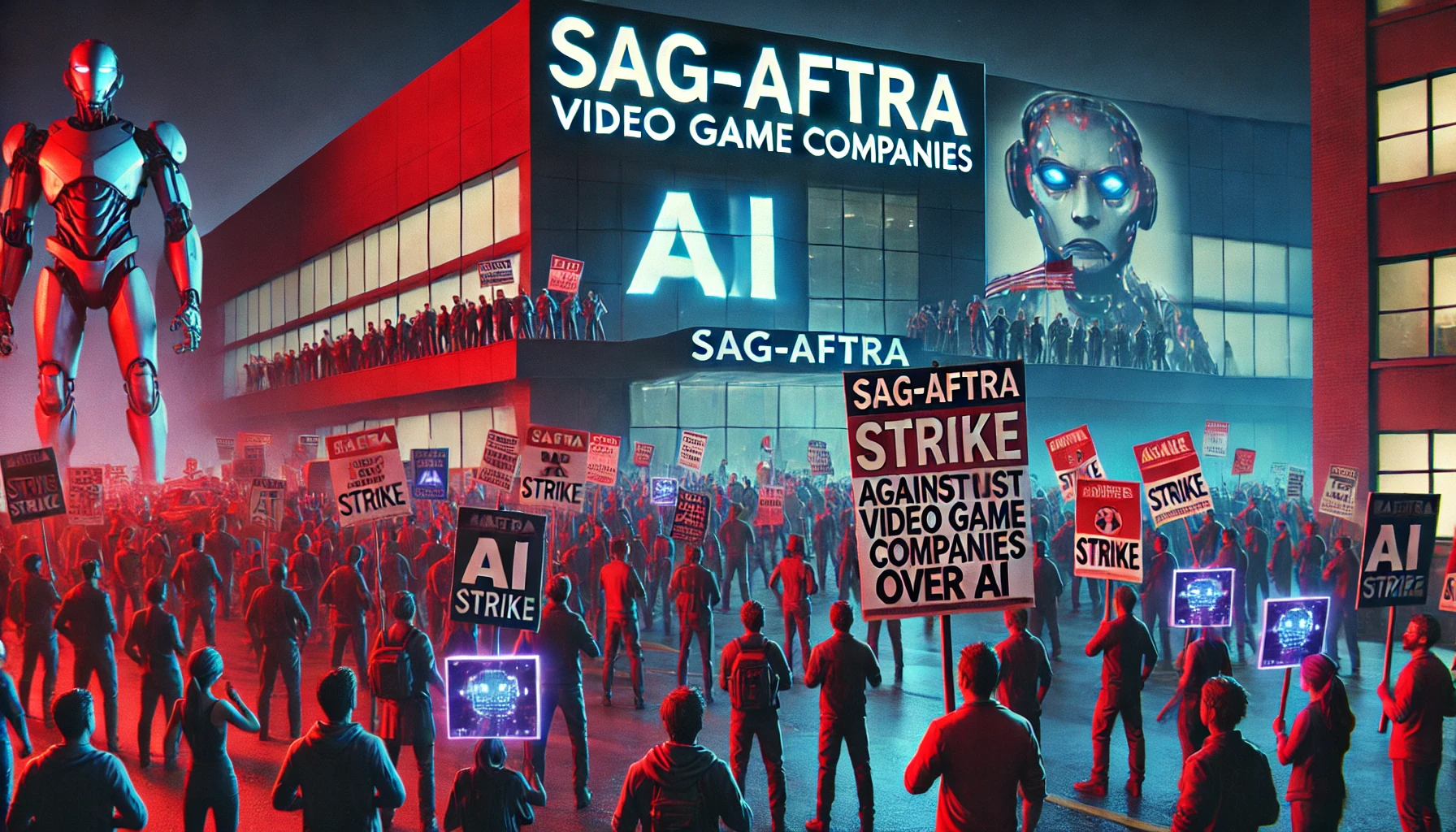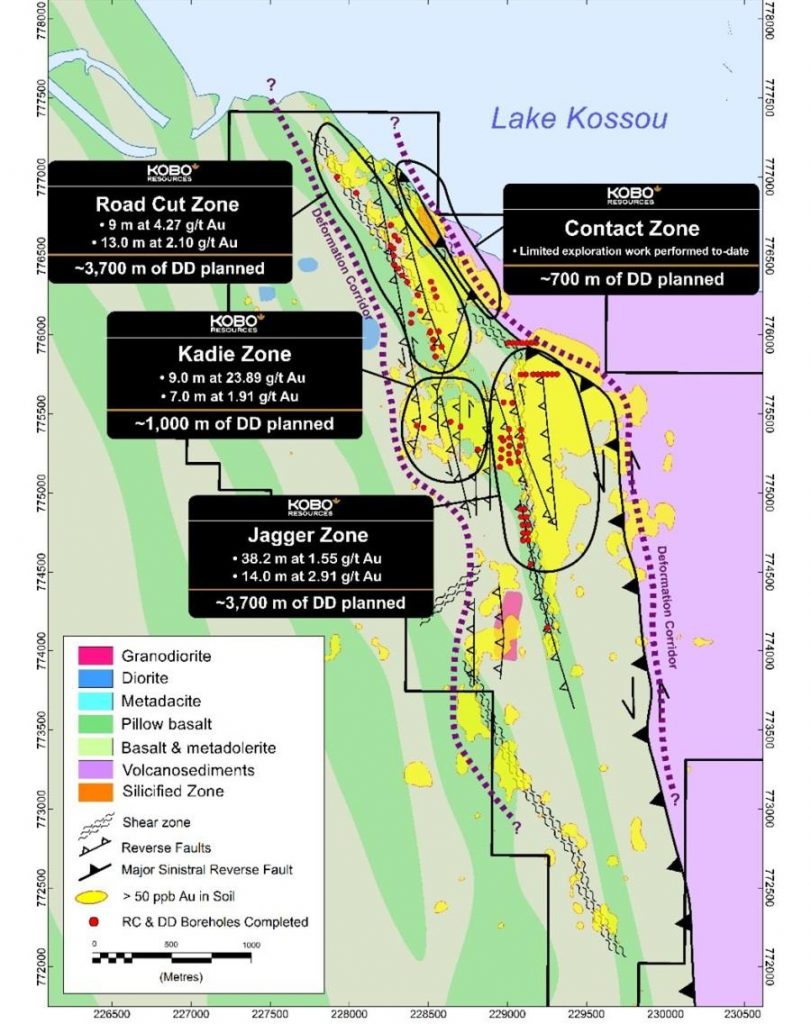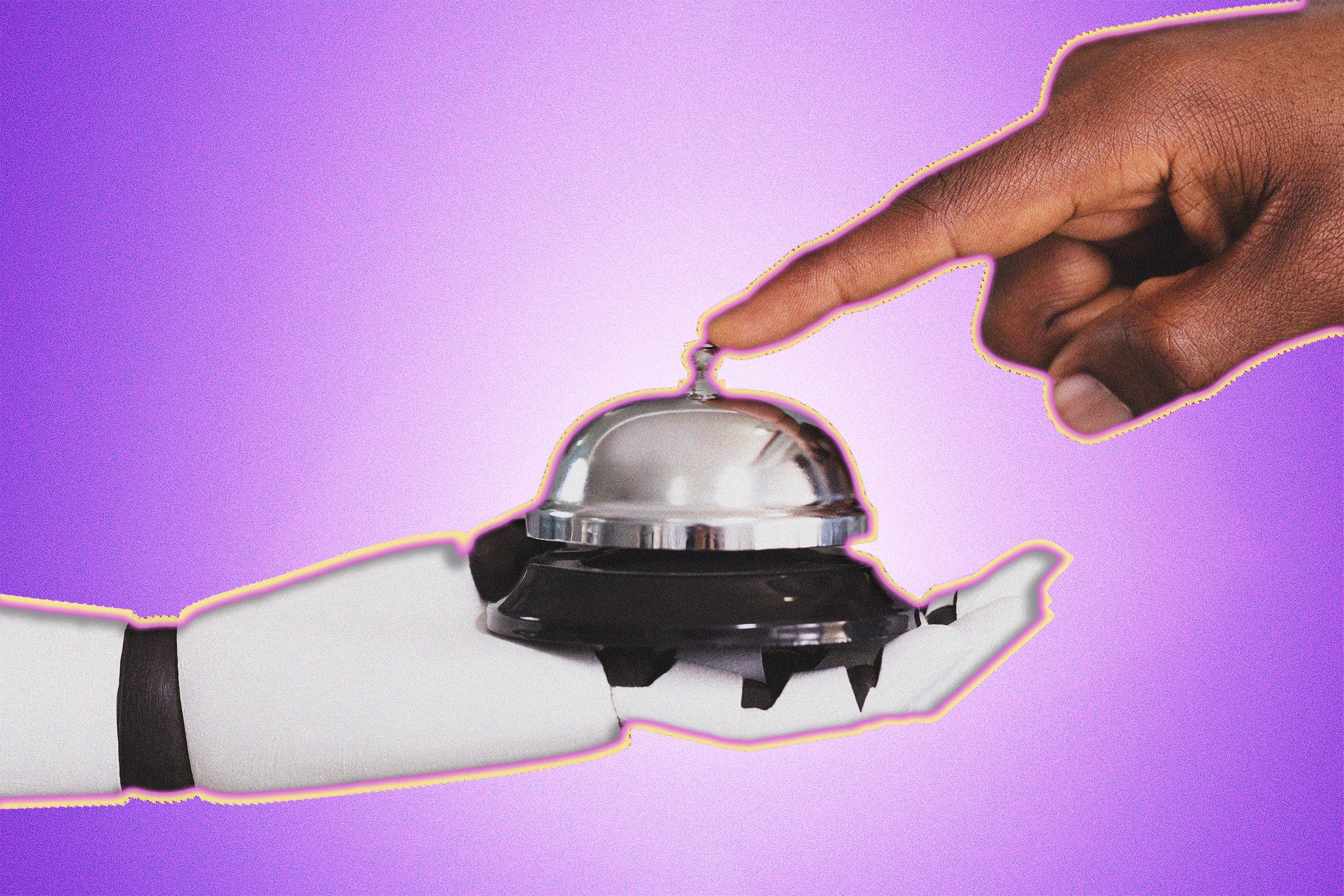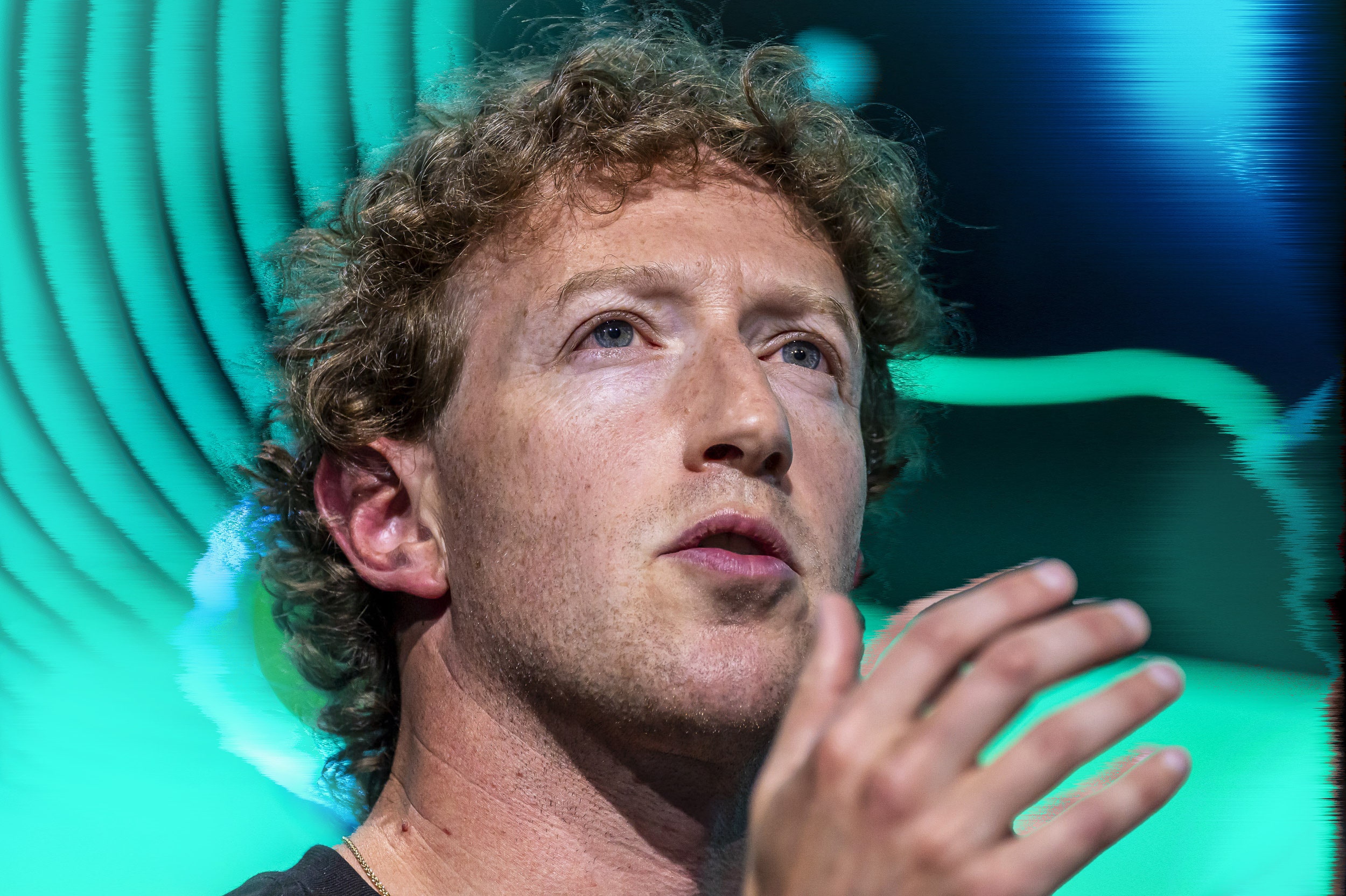The Screen Actors Guild-American Federation of Television and Radio Artists (SAG-AFTRA) has initiated a strike against video game companies.
At the core of the dispute are concerns about the misuse of generative AI technology, which could reproduce actors’ voices and likenesses without proper consent or compensation.
The strike began at 12:01 a.m. on July 26, 2024, after 18 months of unsuccessful negotiations surrounding the Interactive Media (Video Game) Agreement.
The industrial action targets ten major players in the video game industry:
Activision Productions Inc.
Blindlight LLC
Disney Character Voices International Inc.
Electronic Arts Inc.
Formosa Interactive LLC
Insomniac Games Inc.
Llama Productions LLC
Take 2 Productions Inc.
VoiceWorks Productions Inc.
WB Games Inc.
These companies represent a vast portion of the AAA game development landscape, so the strike could potentially affect numerous high-profile titles currently in development.
SAG-AFTRA President Fran Drescher explained the union’s stance, stating, “We’re not going to consent to a contract that allows companies to abuse AI to the detriment of our members. Enough is enough.”
The union is seeking clear contractual protections against the unchecked use of AI, arguing that video game performers deserve the same fundamental protections as their counterparts in film, television, and music.
This includes the right to informed consent for AI use of their faces, voices, and bodies and fair compensation for such use.
For SAG-AFTRA members, the strike means immediately stopping all services for the listed companies, which include:
Acting
Voice acting
Singing
Dancing
Performing stunts and related services
Performance capture and motion capture work
ADR/looping
Background and stand-in work
Rehearsals and camera tests
Auditions (including self-tapes)
Authorizing the use of their voice or likeness
Promoting or performing content for struck games
Agreeing to perform services or create digital replicas
Members violating these terms could face disciplinary action, including censure, reprimand, fines, suspension, or expulsion from the union.
The video game industry maintains that it has already offered substantial concessions.
Audrey Cooling, spokesperson for the video game producers, stated, “We have already found common ground on 24 out of 25 proposals, including historic wage increases and additional safety provisions. Our offer is directly responsive to SAG-AFTRA’s concerns and extends meaningful AI protections that include requiring consent and fair compensation to all performers working under the IMA. These terms are among the strongest in the entertainment industry.”
This strike follows SAG-AFTRA’s controversial January 2024 agreement with AI voice studio Replica Studios.
That agreement, which outlined how AI voices could be used in video games, sparked criticism among voice actors who claimed they weren’t consulted.
The union defended the agreement as an “experimental” one-year trial to establish fair and ethical terms for AI voice creation and licensing.
As the gaming industry rapidly adopts AI technology, with 86.7% of studios identified as early adopters, the highest of any creative industry, the union faces the challenge of protecting its members while acknowledging AI’s rising role in game development.
By 2026, AI could impact 13.4% of the gaming sector’s workforce, or 52,400 jobs. AI threatens both the services listed by SAG-AFTRA above and the game design and coding process itself.
Like 2023’s Hollywood actor strike, the outcome could set important precedents for how the gaming industry handles AI usage and performer rights in the years to come.





